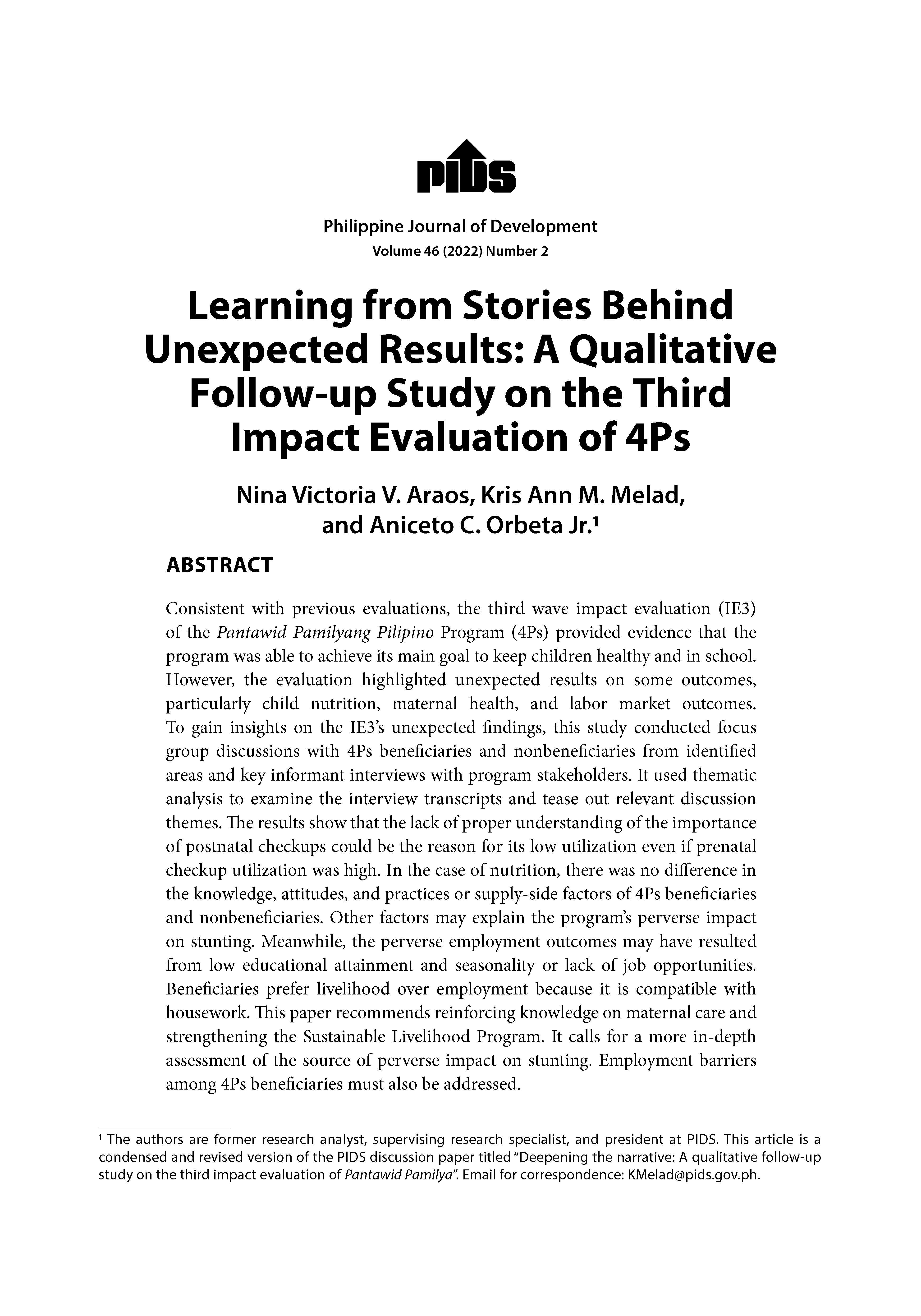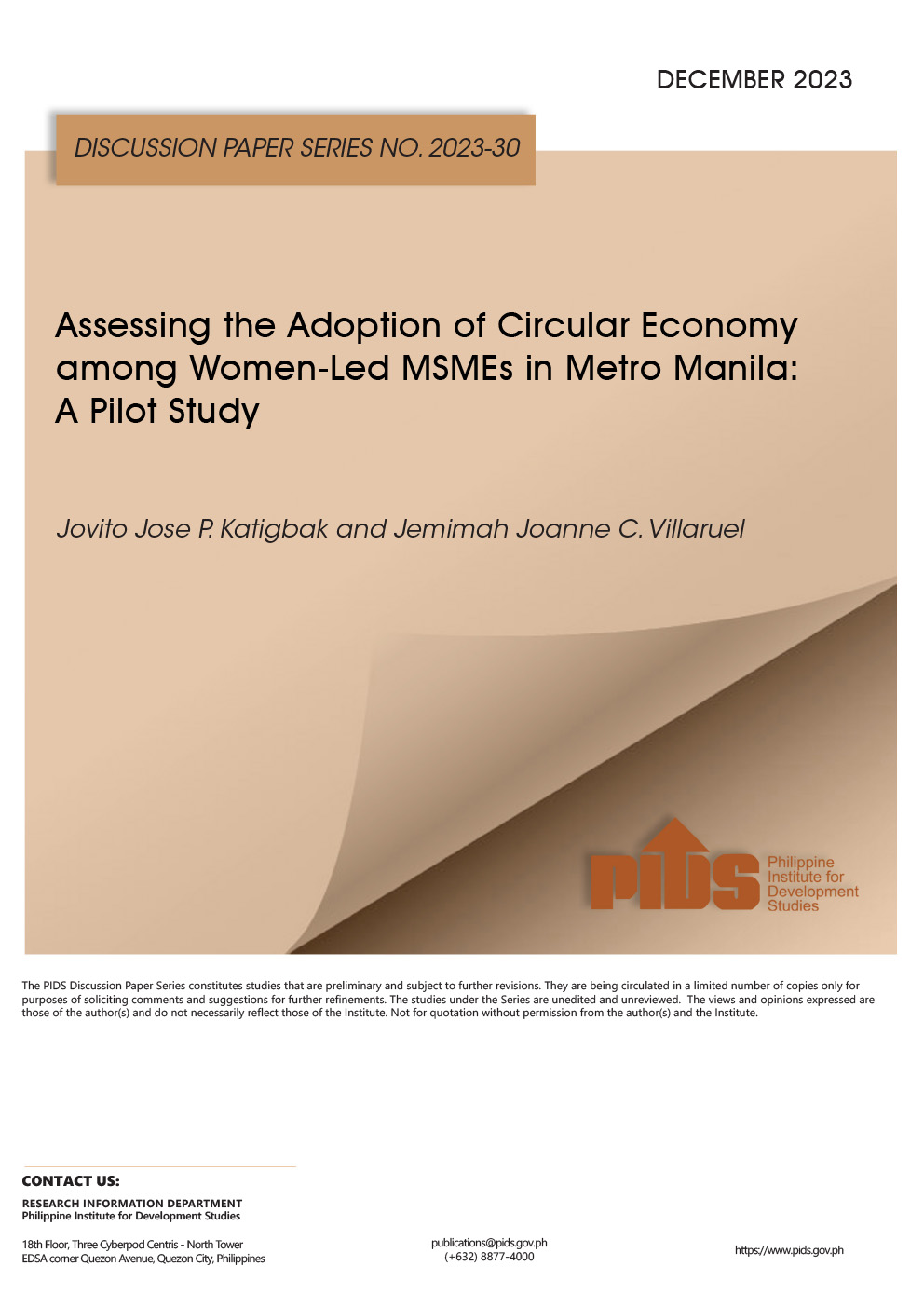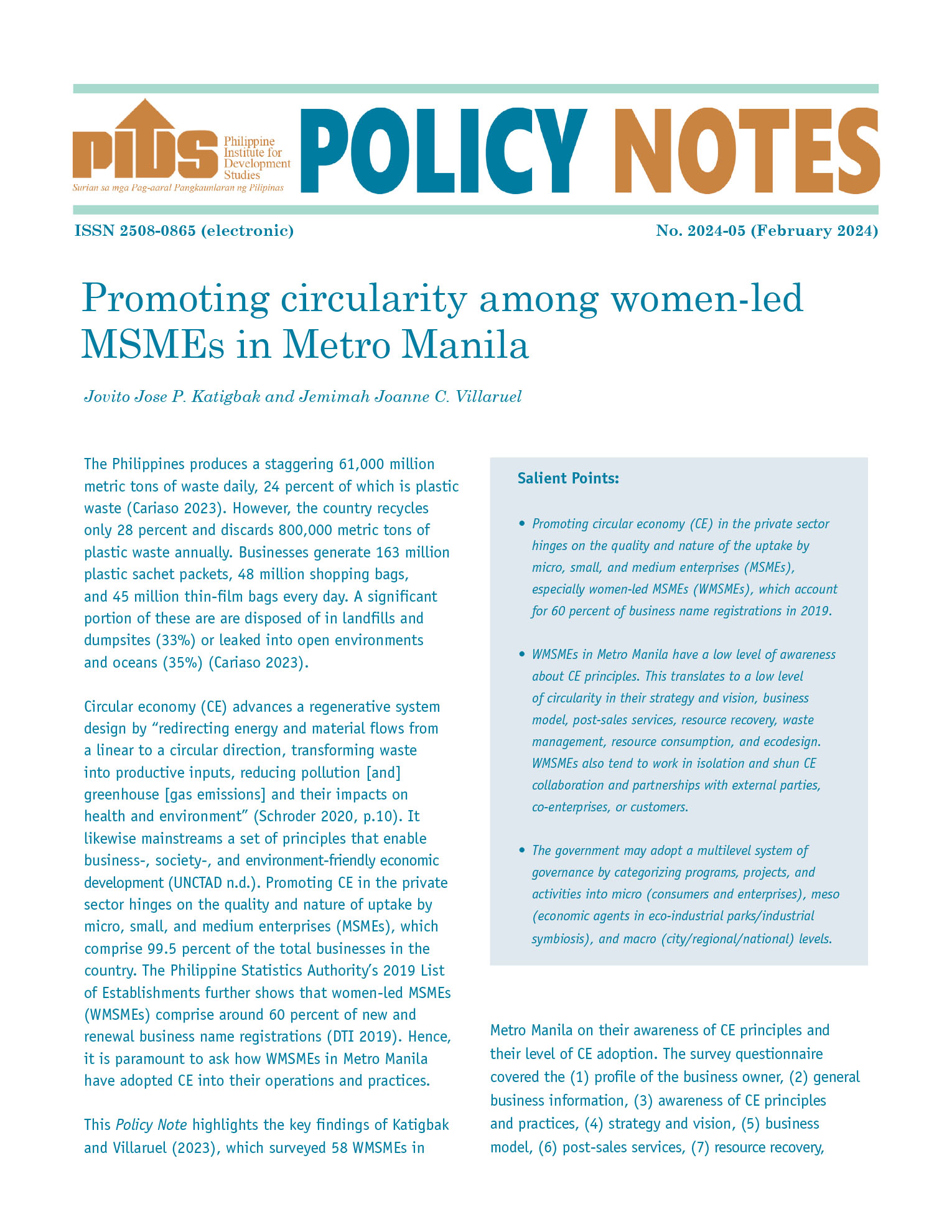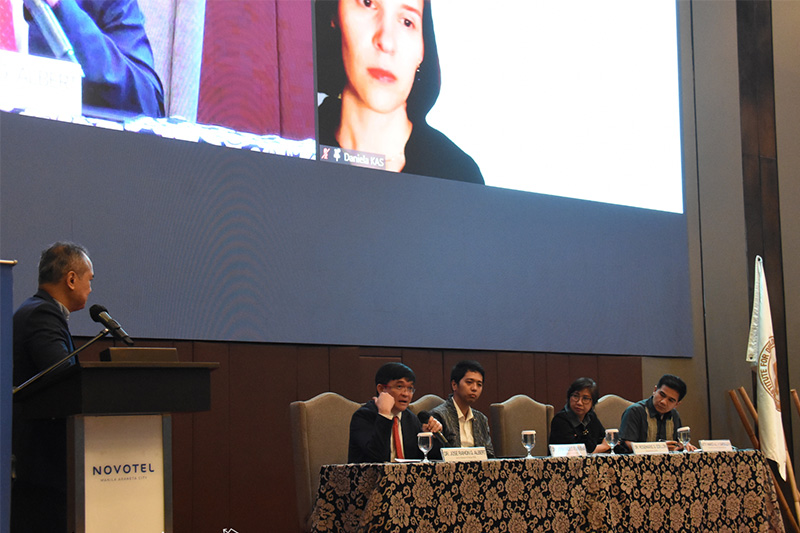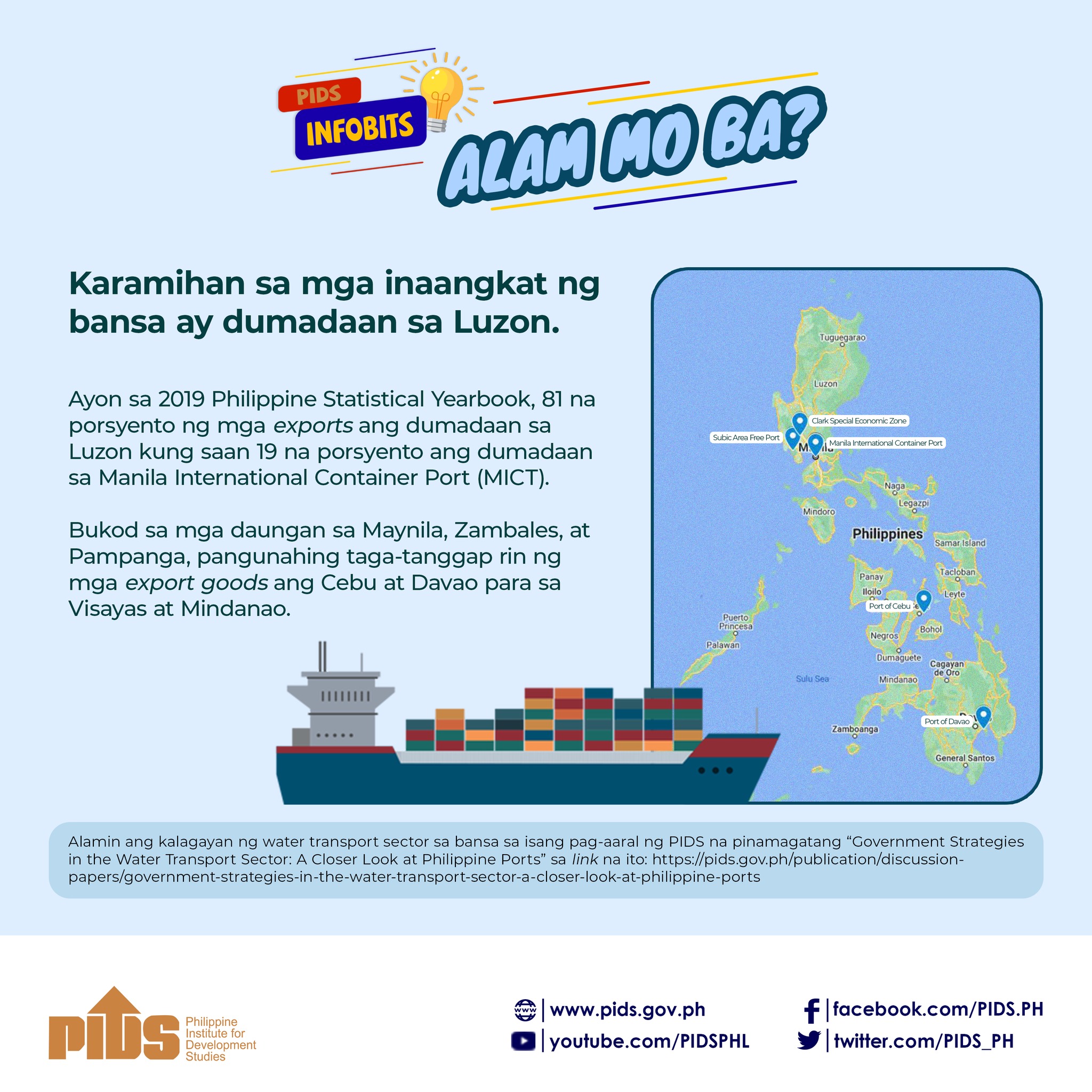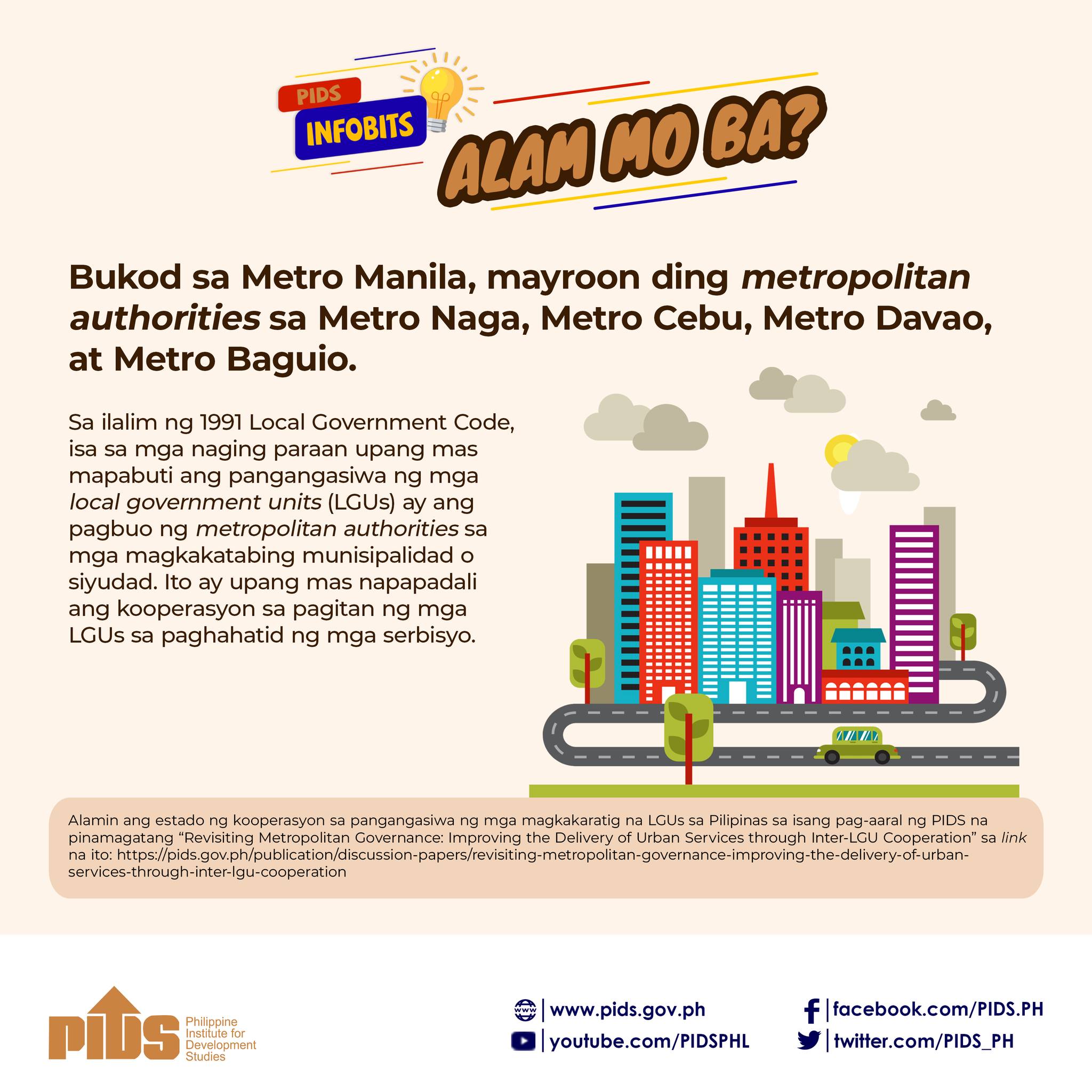The right of the Muslims in Mindanao to create an autonomous region is guaranteed by our Constitution. The basis of this right is not only because Muslims have a distinctive history, culture, customs and traditions, but also because the central government has failed them in every way. I, myself, during the administration of former President Gloria Macapagal-Arroyo, would jokingly tell my friends that I had mentally seceded from the Republic and was just a cybercitizen.
If I have just one piece of advice to give to the Bangsamoro Autonomous Government, it’s this: "Don’t follow, Manila.” Manila, of course, is the unitary government based in Metro Manila. Indeed, the worst thing that the Bangsamoro Autonomous Government can do -- and is a sure formula for failure -- is to replicate the same dysfunctionalities that the national government exhibits. Therefore, the leaders of the Bangsamoro Autonomous Government must be determined at the very start to govern differently from Manila, lest they end up as pathetic caricatures of the corrupt, incompetent and dishonest politicians that we read about every day.
The Bangsamoro Autonomous Government will have the right to formulate laws and exercise broad powers within its region, except those powers that are exclusively reserved for the national government (national defense, foreign affairs, coinage and monetary policy, immigration and citizenship) and those powers that are concurrently exercised with the national government (the administration of civil service, coast guard, social security, and so forth). In other words, the Bangsamoro Autonomous Government will have enough powers to chart its own economic and political course.
Given these powers, allow me to provide these pieces of advice to the future leaders of the Bangsamoro Autonomous Government:
Make the region investment-friendly, especially to foreign investors
What you need are jobs for your people, especially since a number of your armed followers will be demobilized and would need jobs. The key to jobs is investments and, therefore, it’s important that the environment be investment-friendly. How to do this?
Start by liberalizing those areas to foreign investors that can be done by law. If the present Constitution prohibits foreign majority ownership in public utilities, for example, then redefine through legislation what "public utilities” are within your region. If airports, for example, can be defined as serving airlines rather than the public, then the operation of airports can be opened up to foreign investors.
The present law on leasing of land by foreigners is also very restrictive. Foreigners have to seek approval from the Department of Trade and Industry and they must come only from those industries approved by the government. Pass your own law. Instead of leasing, allow for usufruct, which really has the benefits of ownership without the title. This means that foreign investors can mortgage the usufruct if they need to, in contrast to leasing, which they cannot. If you do this and simplify the procedures for obtaining usufruct of land irrespective of industry, you will have foreign investors flocking to your region.
Also, don’t follow Manila and impose a high minimum paid-up capital of $2.5 million for the establishment of retail enterprises. The high minimum paid-up capital was meant to protect the retail monopolists based in Manila. Legislate your own retail trade law but make it more liberal. In this way, you will not only attract foreign retailers, but you can also develop your tourism potential because then, assuming a better security situation, shopping can be a reason to go to your region.
ATTRACT LABOR-INTENSIVE INDUSTRIES
If you want to attract labor-intensive industries, formulate your own labor code that does not set unrealistic high minimum wages and labor security regulations. For sure, still establish minimum labor safety standards and social security regulations, but leave wages to market forces or establish an entry-level wage consistent with the productivity of labor.
Apply the lessons in the excellent study by Dr. Vicente Paqueo and the economists of the Philippine Institute of Development Studies (PIDS), which showed a negative correlation between high minimum wages and job creation. You can attract the labor-intensive industries that want to leave Vietnam, Bangladesh and China -- if you have an enlightened and investment-friendly labor code.
To those who say that this policy is anti-labor, I say that a paying job is better than no job at all. In fact, the study by Dr. Paqueo et al. showed that our current unrealistic minimum wages are anti-poor, anti-young, anti-uneducated and anti-women. Besides, with a globalized labor market, if workers are not receiving wages commensurate with their productivity, they can always leave for greener pastures.
ENACT LAWS THAT PROMOTE GREATER SECURITY OF PROPERTY RIGHTS, AND NOT UNDERMINE IT
Again, don’t follow Manila. Don’t extend the Comprehensive Agrarian Reform Program (CARP) and don’t establish a retention limit of five hectares. CARP is the single biggest reason private investments in agriculture and in rural areas have been low. Again, apply the lessons in the excellent paper by Dr. Raul Fabella, National Scientist for Economic Science, titled "CARP: Time to Let Go.”
Scrap the total log ban and allow the private sector to grow and sustain the forests, as they do in countries like Norway. In mining, adopt international best practices in regulation and taxation, but establish a stable policy regime.
Because of financial constraints, you may have to focus your efforts initially on special economic zones, where you can assure security and a minimum level of infrastructure support. However, you can have your own Public-Private Partnership program and you can go build your infrastructure requirements quickly with the help of the private sector.
INVEST IN INSTITUTIONS
You are starting off correctly by having a parliamentary system, but you need to ensure that the political parties in the Bangsamoro aren’t dominated by rich clans or family dynasties. Consider public funding of political parties. Consider investing in a competent bureaucracy.
Don’t follow Manila. Instead, with the right economic model, you can build the Bangsamoro Autonomous Region into a Taiwan, a Hong Kong, a Singapore, or a Shenzhen. You can show that inclusive development can be done in the Bangsamoro. Who knows? The tail may yet wag the dog.//
Related Posts
Publications
Press Releases
Video Highlights
[No related items]

